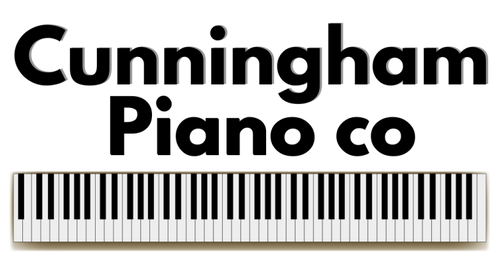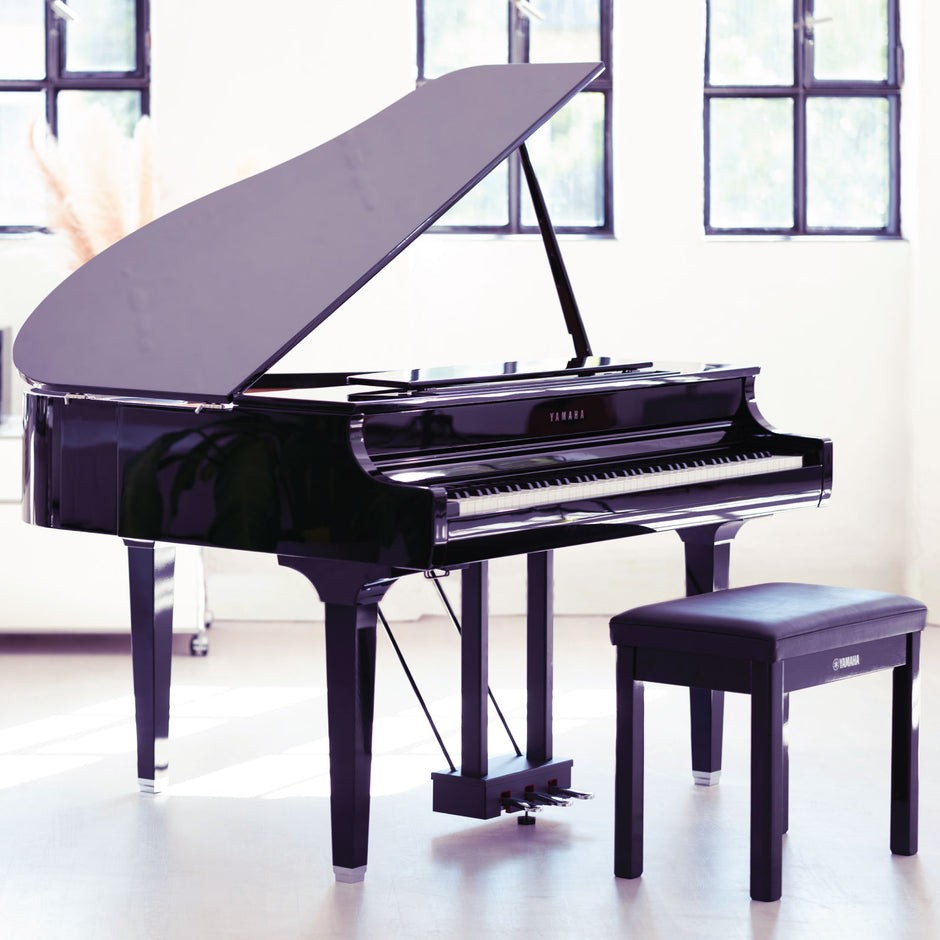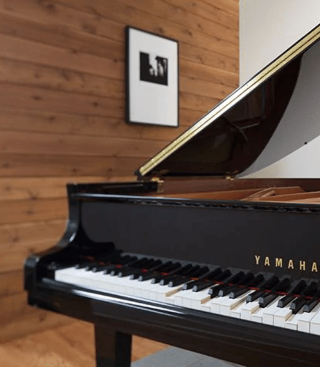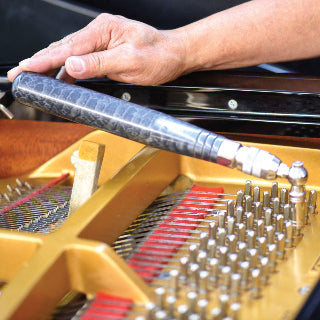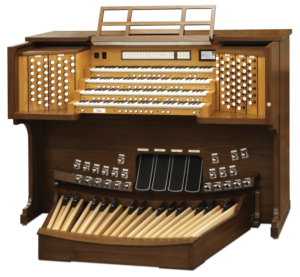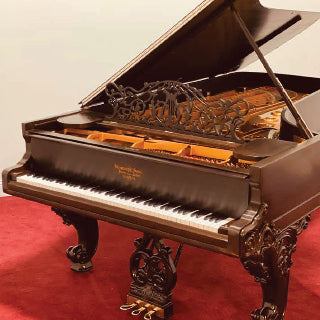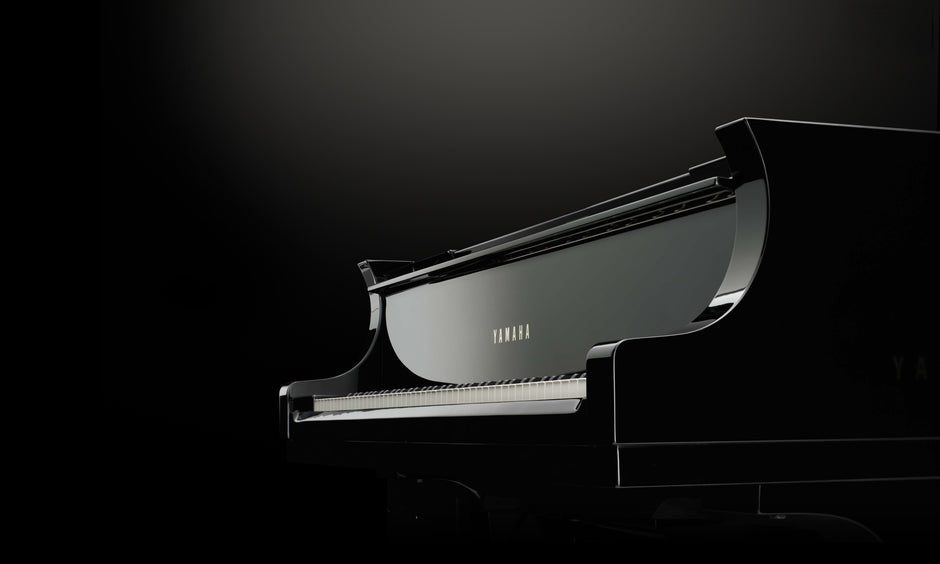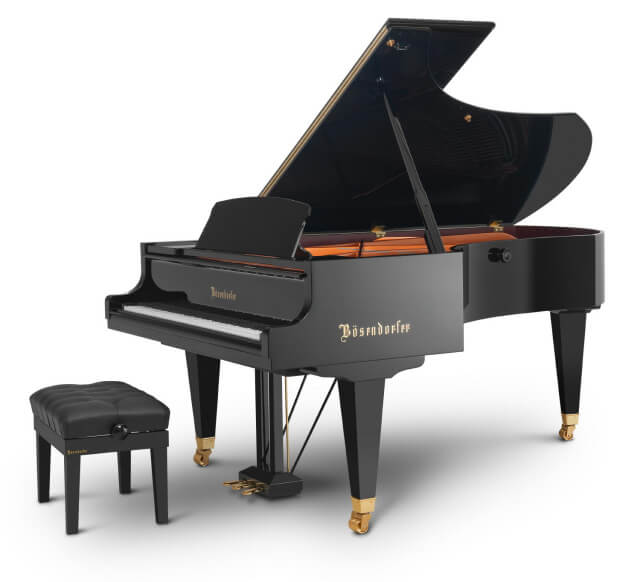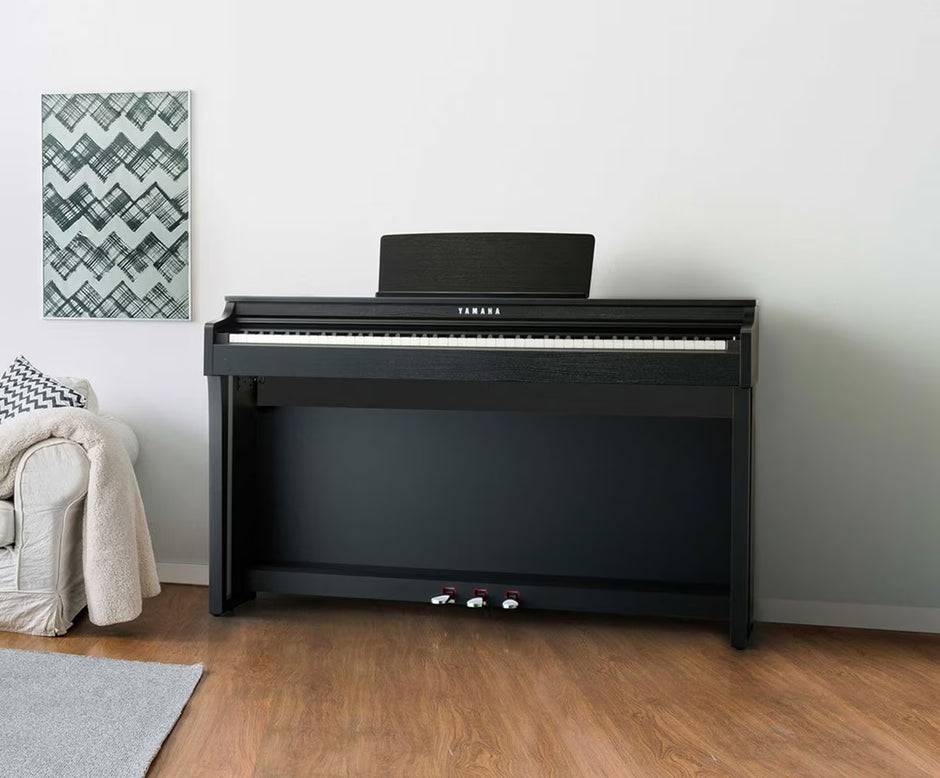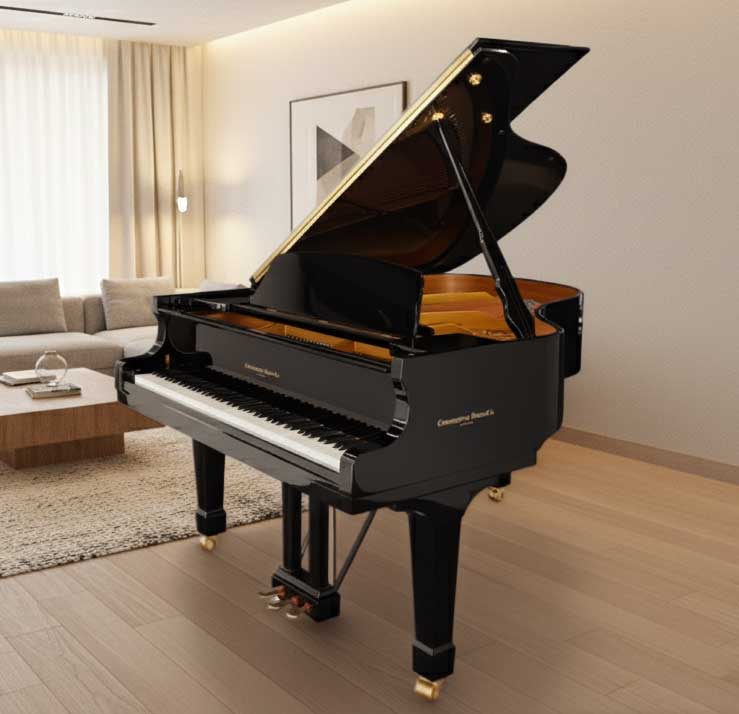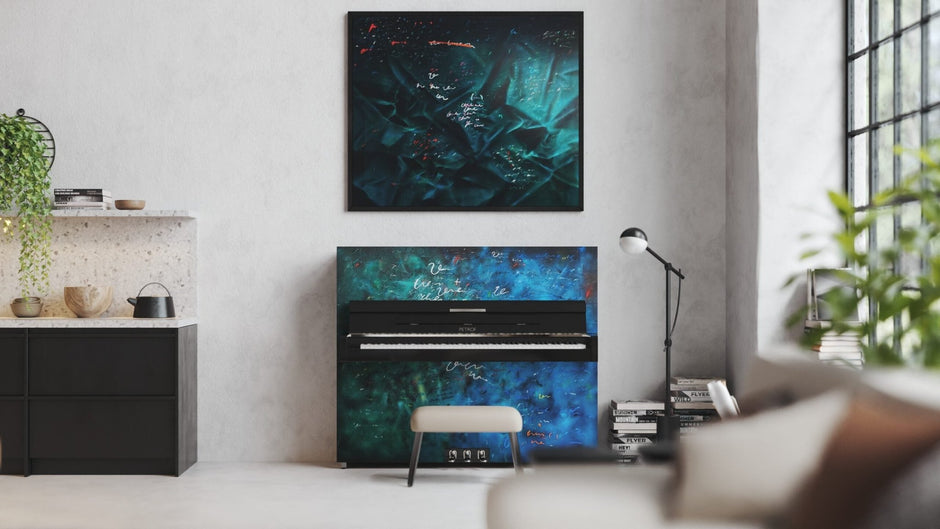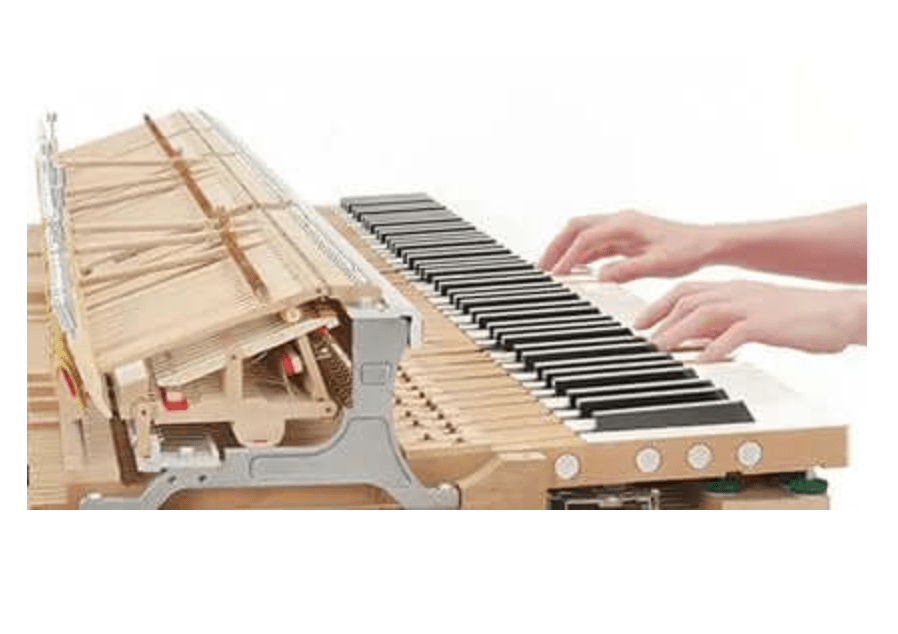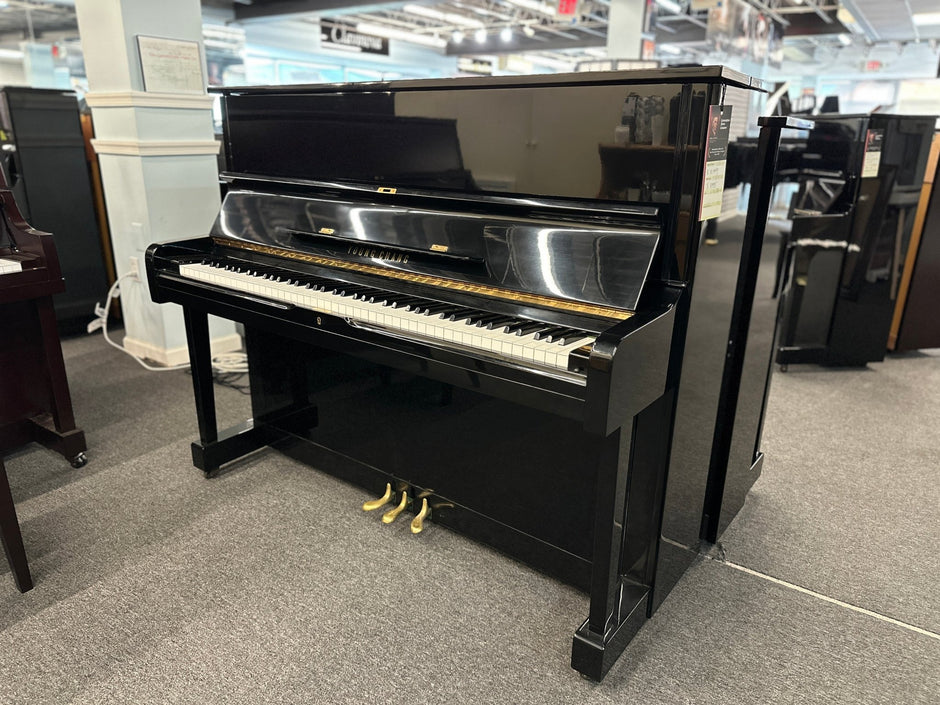Cunningham Piano
Since 1891

Free Shipping
Free shipping in the continental USA for digital pianos (excluding hybrid grand pianos)
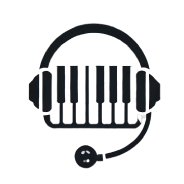
Expert Support
10 and 5 year warranties on new and used pianos, and free help from our experts
Explore the World of Pianos at Cunningham Piano
Cunningham Piano, Philadelphia’s largest piano dealer and one of America’s oldest and most trusted, has been serving musicians since 1891. We offer an unmatched selection of acoustic pianos, digital pianos, and restored instruments from top brands including Yamaha, Bösendorfer, Petrof, and our own handcrafted Cunningham line. Whether you're a professional performer or a first-time buyer, our expert team is here to help you find the perfect piano for your space, your style, and your sound.
Your Trusted Local Piano Store Since 1891
Looking for a piano store near me? Cunningham Piano has been helping musicians find their perfect instrument since 1891. With showrooms in King of Prussia, PA, Cherry Hill, NJ, and Delmar, DE, we proudly serve the Greater Philadelphia area, South Jersey, and coastal Delaware. Whether you're shopping for a new grand, a reliable used upright, or a digital Clavinova, our experienced team is ready to guide you every step of the way.
Our Favorite Piano Brands
Learn To Play the Piano
Explore unparalleled piano, voice, and string lessons at Cunningham Music School. Founded by passionate, degreed musicians, we offer expert-led, personalized music education enriched with performance opportunities and workshops. Join us and elevate your musical journey!
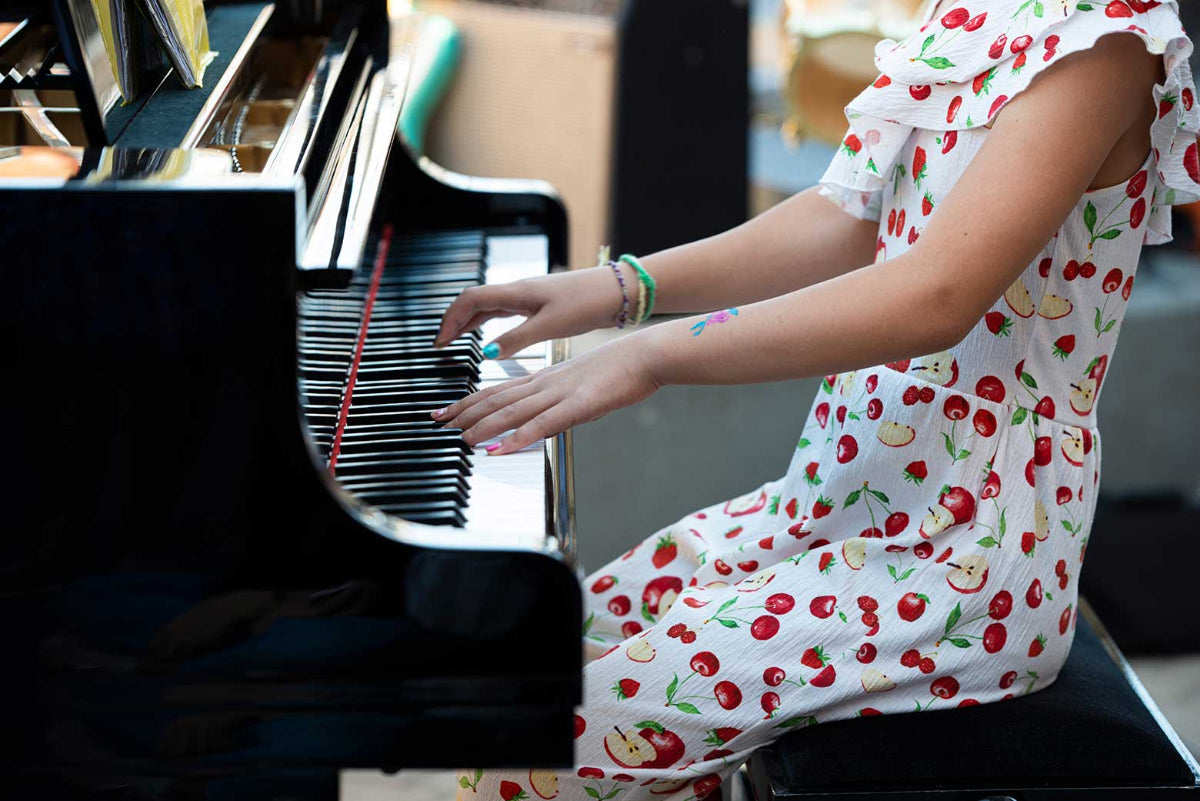
Need Help?
Call us or use our online chat to answer your piano questions.
Email piano@cunninghampiano.com
Phone 215-438-3200
Why are pianos different sizes and what difference does that make?
Why are pianos different sizes and what difference does that make?
The size of a piano matters because it directly influences its tone, touch, and purpose. Grand pianos offer superior sound and performance capabilities, but uprights and smaller models provide more practical solutions for limited spaces. Choosing the right size depends on the intended use, available space, and the desired sound quality.
1. Tone and Sound Quality
- String Length: Larger pianos (like concert grand pianos) have longer strings, which produce richer, more resonant tones. Longer strings allow for more overtones, creating a fuller and more complex sound.
- Soundboard Size: A larger soundboard amplifies the vibrations from the strings more effectively, resulting in greater volume and depth.
- Bass Response: Upright pianos, with their shorter bass strings, tend to have a thinner bass response, while larger grand pianos offer deeper and more resonant bass tones.
2. Dynamic Control and Touch
- Key Action: In grand pianos, the horizontal string layout allows for faster repetition of notes because of gravity-assisted hammer return. This makes grand pianos more responsive to nuanced playing.
- Uprights: Because of their vertical string arrangement, upright pianos have a different touch and are often less responsive than grands, limiting their dynamic control.
3. Space and Practicality
- Grand Pianos: Ranging from 4’5” (baby grands) to 9’ (concert grands), these pianos require more room and are better suited for concert halls or large spaces.
- Upright Pianos: More compact, these range from 36 inches to 52 inches in height and are designed for homes, schools, or studios where space is limited.
4. Aesthetic and Purpose
- Grand Pianos: These are often used for performances and make a visual statement, contributing to the ambiance of a space.
- Uprights and Digital Pianos: Uprights fit better in smaller spaces, and digital pianos are chosen for convenience, portability, and modern features like headphone use or recording.
What's the difference between acoustic and digital pianos?
What's the difference between acoustic and digital pianos?
Acoustic pianos excel in sound and feel, while digital pianos offer convenience and modern features.
Sound:
- Acoustic: Hammers strike strings for natural, resonant tone.
- Digital: Use recorded samples through speakers.
Feel:
- Acoustic: Authentic touch with nuanced dynamics.
- Digital: Simulated feel with weighted keys.
Maintenance:
- Acoustic: Needs regular tuning.
- Digital: No tuning required, low maintenance.
Features:
- Acoustic: No extra features.
- Digital: Offers headphones, recording, and extra sounds.
Portability:
- Acoustic: Heavy and space-consuming.
- Digital: Lightweight and compact.
How much do pianos weigh?
How much do pianos weigh?
Pianos vary in weight based on type and size:
Grand Pianos
- Baby Grand (4'5"–5'5"): 500–600 lbs
- Parlor/Mid-Size Grand (5'6"–7'): 600–800 lbs
- Concert Grand (8'–9'): 900–1,200+ lbs
Upright Pianos
- Spinet (36"–40"): 200–300 lbs
- Console (40"–44"): 300–400 lbs
- Studio (44"–48"): 400–500 lbs
- Full-Size Upright (48"–52"): 500–600 lbs
Digital Pianos
- Portable Models: 25–50 lbs
- Console Models: 70–150 lbs

3 Showrooms
Visit one of our 3 Delaware Valley showrooms to try out pianos and get expert advice on finding your perfect instrument from our knowledgable staff of musicians and piano aficionados.
3 Showrooms
Visit one of our 3 Delaware Valley showrooms to try out pianos and get expert advice on finding your perfect instrument from our knowledgable staff of musicians and piano aficionados.

King of Prussia, PA
198 Allendale Rd.
King of Prussia, PA 19406
215-991-0850

Cherry Hill, NJ
1724 Marlton Pike East
Cherry Hill, NJ 08003
856-651-7596

Delmar, DE
38661 N Sussex HWY Suite 5-6
Delmar, DE 19940
302-907-5023
Blog
-

Year End Piano Sale - 2025
Shop new & used pianos with warranties & delivery at the year's best pricing!
-

Piano Technician Geza Mika Featured on 6ABC Action News
Cunningham Piano’s own Geza Mika shares his journey from woodworking to piano restoration in a 6ABC Action News feature with...
-

Puppies, Pianos, and Pure Joy: Adoption Event at Cunningham Piano in King of Prussia
Join Cunningham Piano in King of Prussia on Oct. 25 for a free puppy adoption event with Providence Animal Center....
